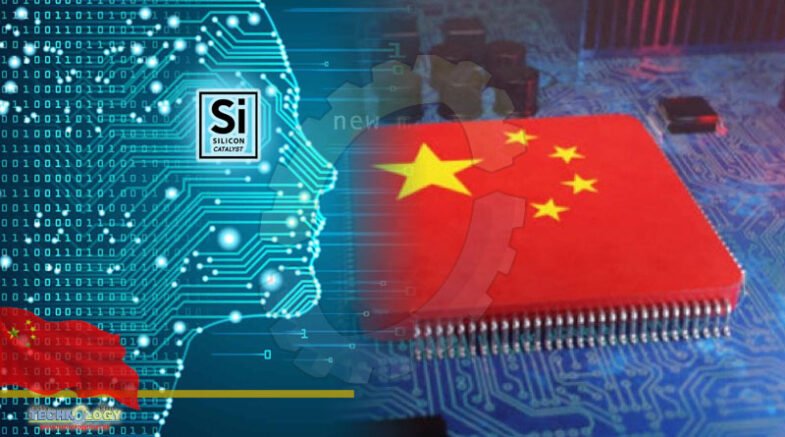China will kick off next week a major international forum on semiconductors, as Beijing seeks to project stability in the nation’s chip supply chain amid the latest hi-tech export controls rolled out by the United States.

China will kick off next week a major international forum on semiconductors, as Beijing seeks to project stability in the nation’s chip supply chain amid the latest hi-tech export controls rolled out by the United States.
The Ministry of Industry and Information Technology (MIIT) and the government of eastern Anhui province will jointly host the 2022 World Conference on Integrated Circuits from November 16 to 18 in the provincial capital of Hefei, which recently launched subsidies and policies that support local semiconductor technology development.
More than 200 speakers from the global semiconductor industry will take part in the three-day forum on semiconductors, according to a post from the event’s official WeChat account. Qualcomm chief executive Cristiano Amon, as well as Chinese executives from Intel Corp, IBM and Advanced Micro Devices are expected to attend either in person or via video conferencing.
MIIT official Yang Xudong said at a press conference on the same day that the forum on semiconductors aims to “strengthen [international] cooperation”, as it welcomes “companies from all over the world to invest and operate in China”.
A communique on the “Hefei Initiative” will be unveiled at the event, as part of calls to strengthen the stability of supply chains in the global semiconductor industry, according to the organisers.
The forum on semiconductors, originally scheduled in late July, was delayed for nearly four months owing to the central government’s draconian Covid-19 controls, which continue to be enforced.
Representatives from other large firms in the domestic chip sector are expected to attend the event, including ChangXin Memory Technologies, Tsinghua Unigroup and Huawei Technologies Co.
The 2022 World Conference on Integrated Circuits is touted to be the biggest chip industry event organised by the Chinese government, even as heightened tensions between Beijing and Washington have resulted in stringent US export measures that directly impact the domestic semiconductor sector.
The event’s call for strengthened international cooperation in the semiconductor industry is in stark contrast from Washington’s move last month to expand the scope of US hi-tech export controls targeted at chip makers on the mainland, which followed the Biden administration’s enactment of the Chips and Science Act in August to boost America’s production of integrated circuits.
The Bureau of Industry and Security (BIS), an agency under the US Department of Commerce, on October 7 implemented updates that further restrict China’s ability to obtain advanced computing chips, develop and maintain supercomputers, and manufacture advanced semiconductors used in military applications, including weapons of mass destruction.
Yangtze Memory Technologies Co and 30 other semiconductor-related entities on the mainland were also added to the US Unverified List. Parties whose bona fides have not been substantiated by the BIS are put on this list, which serves as a trade restriction since those on it are ineligible to receive items subject to the US government’s Export Administration Regulations.
China’s chip imports, meanwhile, shrank by more than 13 per cent this year through October, according to Chinese customs data, as an escalating tech war with the US and economic slowdown weighed on the world’s biggest semiconductor market.
Originally published at South China Morning Post